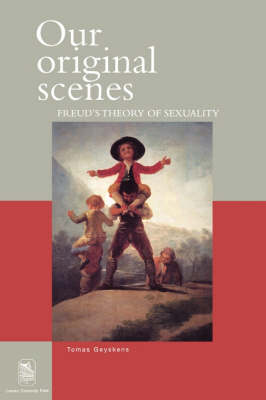Freud's ideas on infantile sexuality can only be understood as constructions that are necessary to understand the psychopathological formations of adults. These constructions of infantile sexuality, therefore, must not be considered to be speculations about infant behaviour as such, because in infancy sexuality is obviously a rather marginal problem, and because, consequently, only their nachträglich effects reveal the significance of our infantile sexual experiences. In the psychoanalytic cure, these infantile experiences are never remembered as such. The idea that what is repressed in adults can be observed in infants does not take into account this notion of Nachträglichkeit, while Freud's theory cannot be understood without it. The relation between the pathological and the infantile bridges the gap between pathology and normality because pathology is caused by universally human problems or 'weak points': infantile sexuality and, following our interpretation of the death instinct, the infant's radical Hilflosigkeit. In psychoanalysis, therefore, the analysis of the different pathologies has inevitably an anthropological claim. To understand what it means to be human, says Freud, we must analyse the extreme, paradigmatic answers to this problem that we all are ourselves. The analysis of different pathologies will highlight the different aspects of our infantile experience and its nachträglich effects. In this perspective, the difference between normality and pathology can only be a quantitative, not a qualitative difference. In this way, Freud transformed the study of psychopathology into a clinical anthropology, i.e. a clarification of the specifically human in human nature by analysing its pathological manifestations.
- ISBN10 9058674711
- ISBN13 9789058674715
- Publish Date 20 September 2005
- Publish Status Active
- Publish Country BE
- Imprint Leuven University Press
- Format Paperback
- Pages 120
- Language English
- URL http://cornellpress.cornell.edu/book/?GCOI=80140100220180
